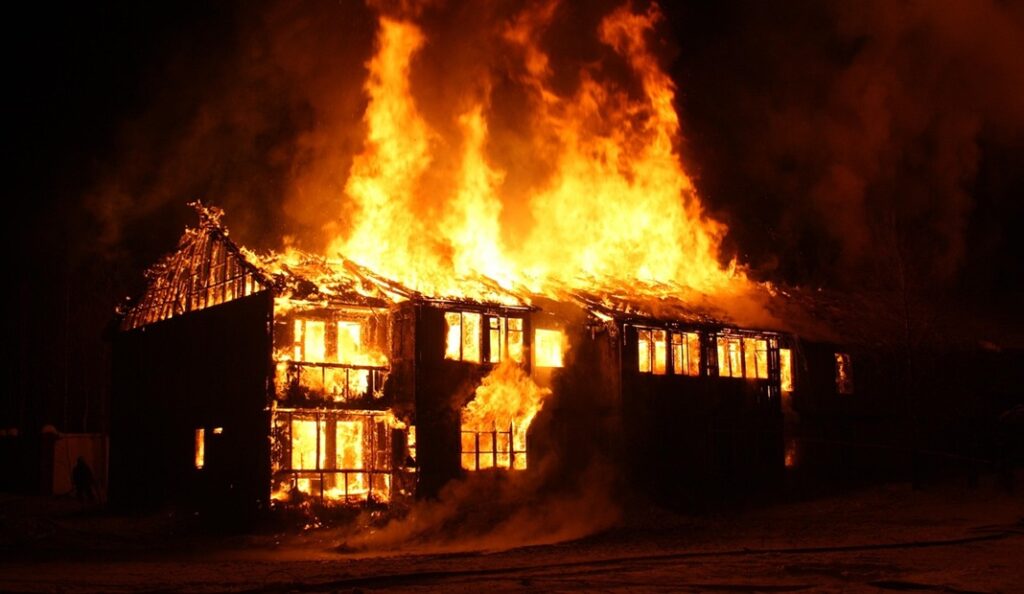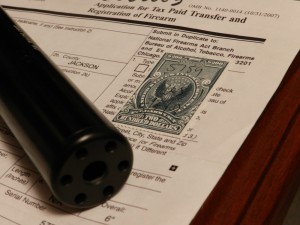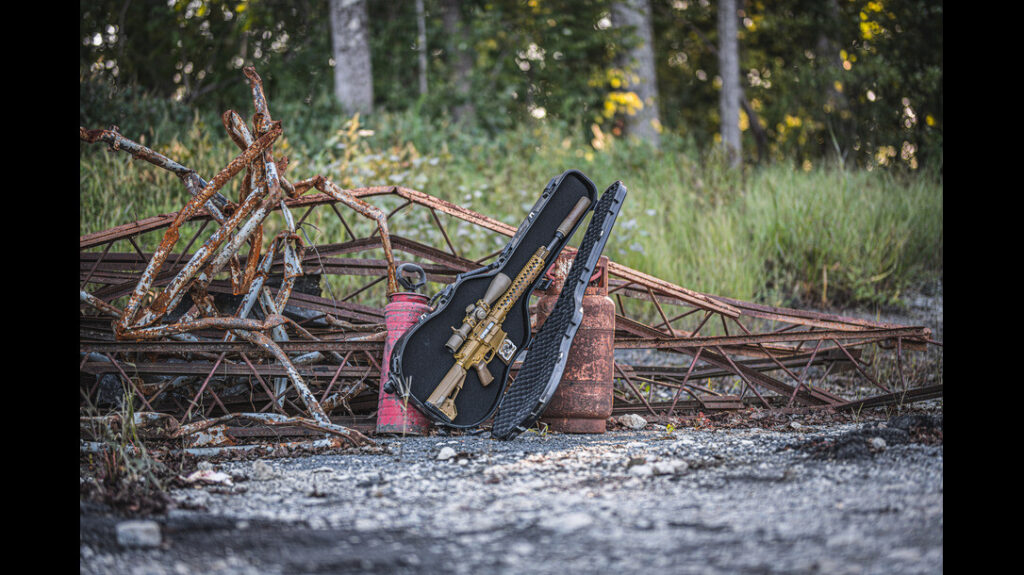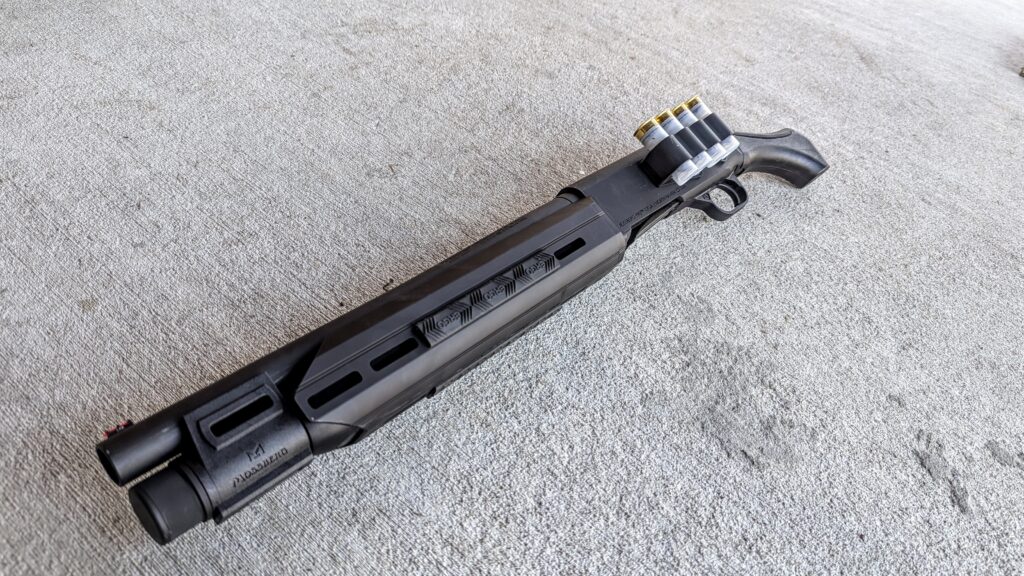Concealed carriers gravitate to tactical clothing brands: 5.11, Vertx, Viktos, etc. The good news? You don’t have to relegate yourself to just jeans made by tactical pants companies.
Jeans Worthy of Replacing Tactical Denim
The denim market has exploded over the last few years, and the direct-to-consumer model has made feature-rich pants more available than ever.
Each brand was ranked out of 10 points each in comfort, fit, style, durability, and value, with bonus points added for variety of colors (1/4 point per color). 50 total points were possible before the bonus is factored in.
Advertisement — Continue Reading Below
Here’s the breakdown of what I reviewed:
Arizona Jeans by JC Penny.
44/50 (3rd Place)
71% Cotton, 19% Repreve Recycled Polyester, 8% Rayon, 2% Spandex
Advertisement — Continue Reading Below
44.5/50 (2nd Place)
99% Cotton, 1% Elastane
Advertisement — Continue Reading Below
41.25/50 (5th Place)
92% Cotton, 7% Polyester, 1% elastane
Bluffworks Departure Jeans
47.5/50 (1st Place)
68% Cotton, 22% COOLMAX Polyester, 9% Rayon, 1% Spandex.
Advertisement — Continue Reading Below
31/50 (8th Place)
76% cotton / 24% polyester with Lycra® T400 Tough Max™
Duluth Ballroom Double Flex
Advertisement — Continue Reading Below
37.75/50 (7th Place)
70% cotton/20% polyester/9% rayon/1% spandex
38.75/50 (6th Place)
92% cotton / 6% polyester / 2% elastane
Advertisement — Continue Reading Below
41.5/50 (4th Place)
50% Cotton, 35% Nylon, 10% Polyester, 5% Spandex















